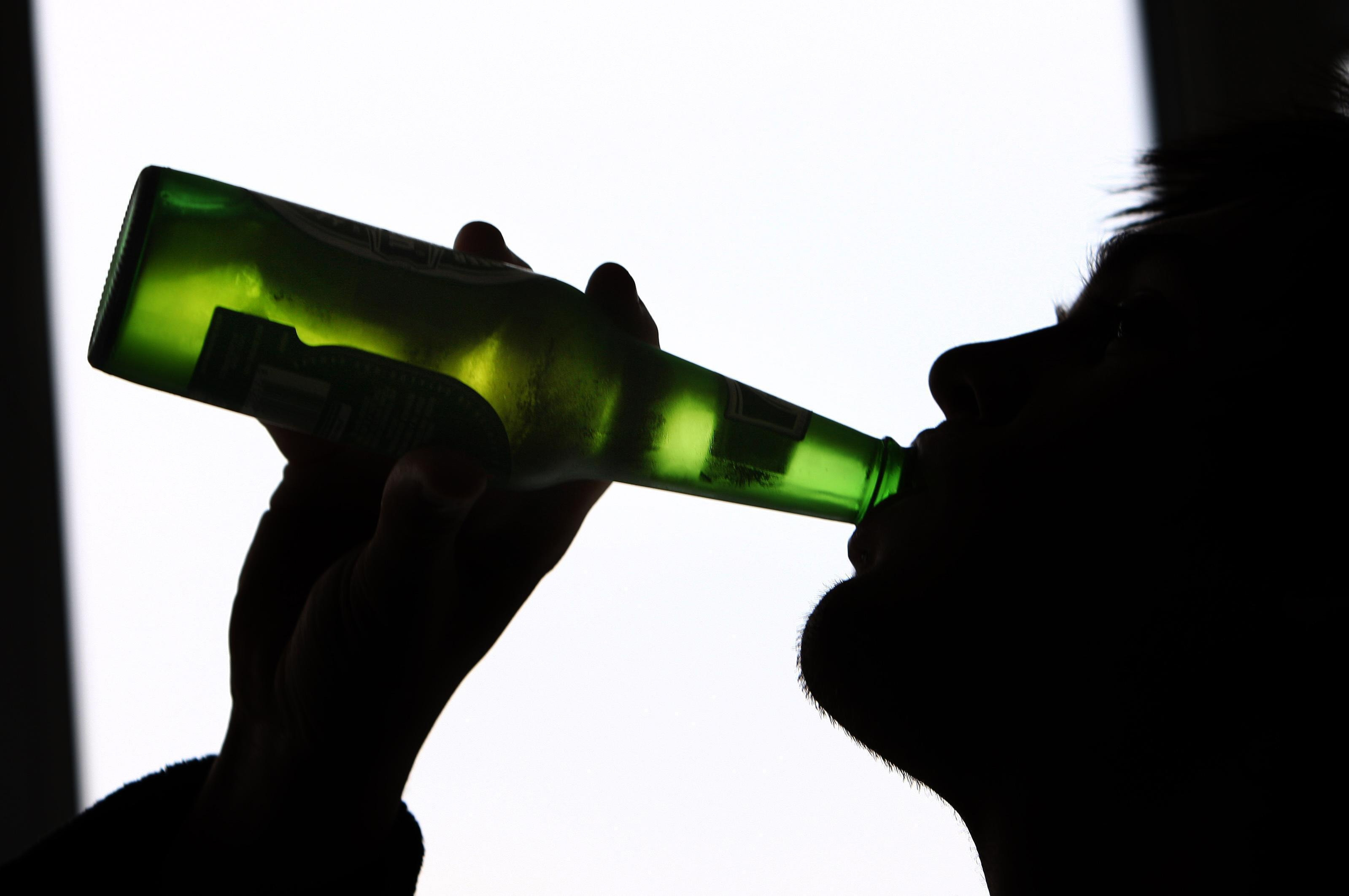NHS Tayside is the country’s slowest health board at treating people for alcohol and drug problems.
Across the region, 78.8% of people were seen within three weeks compared to the Scottish average of 94%. The national target is 90%.
New statistics from ISD Scotland also revealed that in Dundee, dubbed Europe’s drugs-death capital, just 70% of people are seen within the targeted time scale, the worst in the country.
Prisoners in Tayside were 15.4% more likely to be treated within three weeks than public referrals, the figures revealed.
Conservative Mid Scotland and Fife MSP Murdo Fraser said: “Having access to alcohol and drug treatment is incredibly important and poor performance in this area is particularly disappointing.
“Last year there was a ten-year spike in the number of drug-related deaths in Perth and Kinross and waiting longer to receive treatment will certainly not reverse this.
“Ultimately, NHS Tayside needs additional support from the Scottish Government to meet its targets. This means more doctors, nurses and allied health professionals and until there is targeted support for workforce planning issues, waiting times will only increase.”
NHS Fife met the national target, with 97.7% of people being treated within three weeks of referral.
Public Health Minister Joe FitzPatrick welcomed the Scotland-wide performance.
The Dundee City West MSP said: “Tackling problematic drug and alcohol use and helping people recover and live fulfilling lives is a priority for this government.
“Making sure people with drug and alcohol issues can quickly access treatment and support is crucial to helping their recovery, and this is reflected in our ambitious waiting time target.”
A spokesperson for Dundee Health and Social Care Partnership said: “Dundee Alcohol & Drug Partnership (ADP) supports the provision and development of recovery-focused services within the community.
“Waiting times have been impacted throughout 2018 by current service capacity and regrettably, this has meant a longer wait for some patients.
“A direct access service was implemented in September 2018 to improve accessibility of substance misuse services as part of a service redesign. Direct access is aimed at ensuring that we respond quickly and effectively to the needs of our service users with alcohol or opiate dependence.
“This will be delivered through a community-based direct-access drop-in clinic, which will initially operate three days per week. Anyone seeking treatment for opiate or alcohol dependence can attend a drop-in assessment session.”
A spokesperson for Perth & Kinross Health and Social Care Partnership said: “In Perth & Kinross the substance misuse services work hard to meet the national waiting time targets. However as part of our programme of continuous service improvement, we are currently undertaking a review our services.
“This is in line with the ‘Recovery Outcome System of Care’ which brings together treatment, review and aftercare to give people the skills to sustain their recovery. This approach is being fully supported by the local Alcohol and Drug Partnership.”
A spokesperson for Angus Health and Social Care Partnership said: “We remain committed to ensuring people and their families who are affected by substance misuse remain a priority for our partnership, and continue to monitor our local HEAT A11 standards as part of this process.
“This has included developing a more localised response system to those who approach our services, and offering assertive outreach in clinics or within the persons home, where required.
“The recent integration of our local substance services has also provided an opportunity to provide a more inclusive approach to people and their families affected by substance misuse, including easier access to resources through drop in facilities across Angus, as well as out-of-hours clinics for those most at risk or in recovery.
“This model of service delivery continues to support the national drive to reduce the high level of drugs deaths throughout Scotland.”










